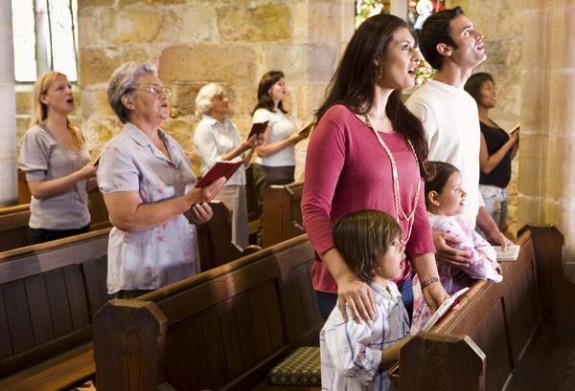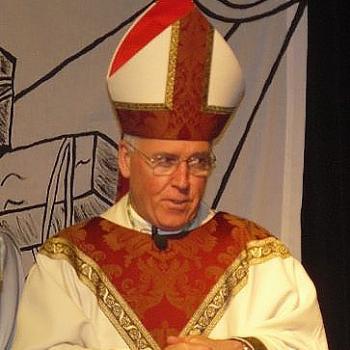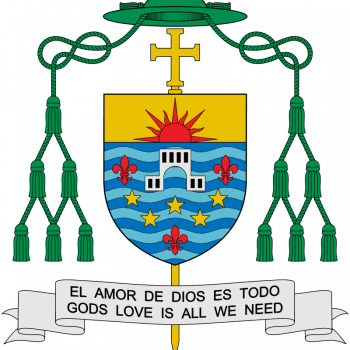From News.va:
The preparatory document for next year’s Synod of Bishops on the Family was formally released at a news conference in the Vatican on Tuesday. The synod’s theme is “The pastoral challenges to the Family in the context of Evangelization and it will run from the 5th to the 19th of October 2014. The document gives an overview of Church teaching on the family and spells out in a frank manner the many daunting challenges facing the family in today’s society, saying there is an urgency for the Church to address these challenges. The document also includes a questionnaire or consultation containing 39 questions on family issues that has been sent to bishops conferences around the world asking them to share it as widely as possible so that input from local sources can be received.
A sampling of some questions:
4. Pastoral Care in Certain Difficult Marital Situations
a) Is cohabitation ad experimentum a pastoral reality in your particular Church? Can you approximate a percentage?
b) Do unions which are not recognized either religiously or civilly exist? Are reliable statistics available?
c) Are separated couples and those divorced and remarried a pastoral reality in your particular Church? Can you approximate a percentage? How do you deal with this situation in appropriate pastoral programmes?
d) In all the above cases, how do the baptized live in this irregular situation? Are aware of it? Are they simply indifferent? Do they feel marginalized or suffer from the impossibility of receiving the sacraments?
e) What questions do divorced and remarried people pose to the Church concerning the Sacraments of the Eucharist and of Reconciliation? Among those persons who find themselves in these situations, how many ask for these sacraments?
f ) Could a simplification of canonical practice in recognizing a declaration of nullity of the marriage bond provide a positive contribution to solving the problems of the persons involved? If yes, what form would it take?
g) Does a ministry exist to attend to these cases? Describe this pastoral ministry? Do such programmes exist on the national and diocesan levels? How is God’s mercy proclaimed to separated couples and those divorced and remarried and how does the Church put into practice her support for them in their journey of faith?5. On Unions of Persons of the Same Sex
a) Is there a law in your country recognizing civil unions for people of the same-sex and equating it in some way to marriage?
b) What is the attitude of the local and particular Churches towards both the State as the promoter of civil unions between persons of the same sex and the people involved in this type of union?
c) What pastoral attention can be given to people who have chosen to live in these types of union?
d) In the case of unions of persons of the same sex who have adopted children, what can be done pastorally in light of transmitting the faith?6. The Education of Children in Irregular Marriages
a) What is the estimated proportion of children and adolescents in these cases, as regards children who are born and raised in regularly constituted families?
b) How do parents in these situations approach the Church? What do they ask? Do they request the sacraments only or do they also want catechesis and the general teaching of religion?
c) How do the particular Churches attempt to meet the needs of the parents of these children to provide them with a Christian education?
d) What is the sacramental practice in these cases: preparation, administration of the sacrament and the accompaniment?7. The Openness of the Married Couple to Life
a) What knowledge do Christians have today of the teachings of Humanae vitae on responsible parenthood? Are they aware of how morally to evaluate the different methods of family planning? Could any insights be suggested in this regard pastorally?
b) Is this moral teaching accepted? What aspects pose the most difficulties in a large majority of couple’s accepting this teaching?
c) What natural methods are promoted by the particular Churches to help spouses put into practice the teachings of Humanae vitae?
d) What is your experience on this subject in the practice of the Sacrament of Penance and participation at the Eucharist?
e) What differences are seen in this regard between the Church’s teaching and civic education?
f) How can a more open attitude towards having children be fostered? How can an increase in births be promoted?
There are a total of eight categories, plus a preamble. Read it all.












